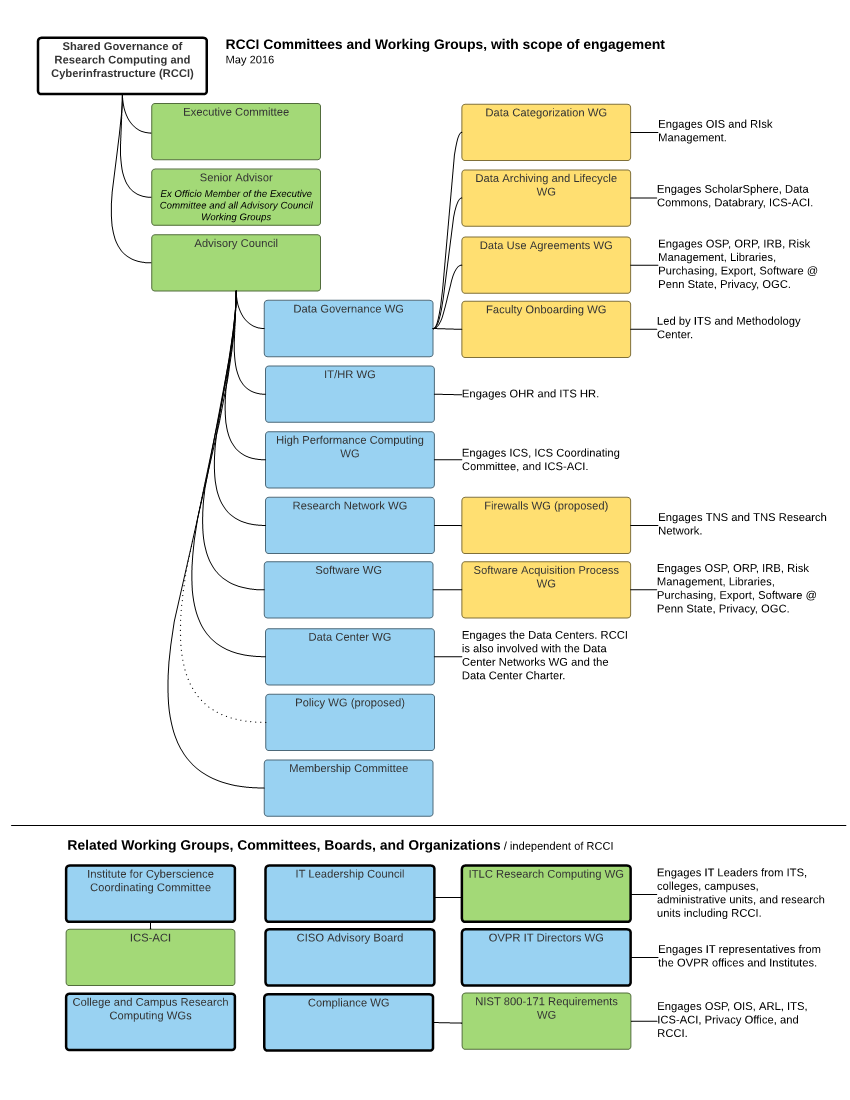The CATS IRB system simplifies the process and replaces the PRAMS system; it is a newer electronic Centralized Application Tracking System (CATS) for Instructional Review Board (IRB) submissions. Researchers who are required to submit to the IRB must use this system to submit their IRB protocol and manage their study. There are various components to the system, including protocol smartforms, templates, checklists and video tutorials. More information regarding the CATS IRB implementation and the PRAMS to CATS conversion can be found on the CATS home page at irb.psu.edu.
The summer training sessions will introduce researchers to CATS IRB, Penn State’s new online IRB submission program, as well as cover the basics of CATS IRB, including navigation and system features. Faculty, staff, and students are welcome.
Participants will learn:
- How to navigate the CATS IRB system
- Features of CATS IRB and differences from PRAMS
- How to create a new study submission
The in-person objectives are the same as the above Adobe Connect outline, with the exception that participants will also have the opportunity to practice creating and modifying a study during the hands-on portion of the in-person course.
The summer training schedule is listed below.
In-person registration: http://fall2016-catsirb-training.eventbrite.com
- September 7th from 3:00 – 4:00
- October 11th from 1:30 – 2:30
- December 1st from 9:30 – 10:30
Adobe Connect registration: http://fall2016-catsirb-training-ac.eventbrite.com
- September 26th from 9:00 – 10:30
- October 17th from 1:30 – 3:00
- December 7th from 2:00 – 3:30

